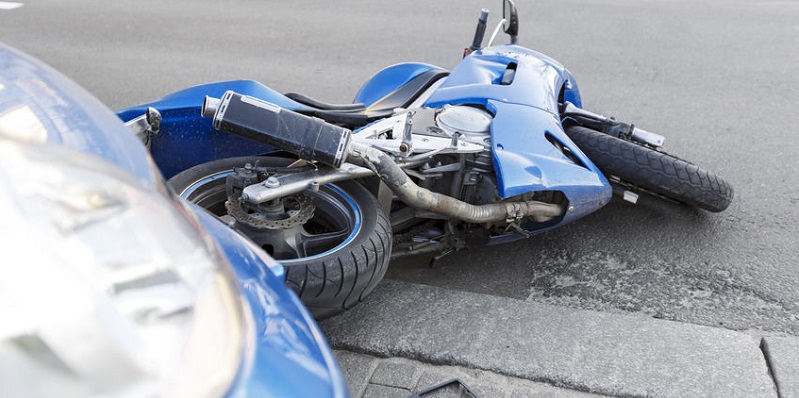Motorcycles offer very little protection in the event of an accident, leaving operators as well as passengers vulnerable to severe and sometimes fatal injuries. If you’ve been involved in a Colorado motorcycle accident as a passenger, learn about your right to receive compensation for your injuries.
Motorcycles offer very little protection in the event of an accident, leaving operators as well as passengers vulnerable to severe and sometimes fatal injuries.
The motorcycle operator is the one controlling the bike and has the primary responsibility for keeping all on board safe and free from harm. This can be accomplished in part by practicing safe riding habits, such as:
- Wearing a DOT-approved helmet
- Driving defensively
- Wearing the proper safety attire
- Carrying the best insurance you can afford
But motorcycle accidents do happen, and when they do, the operator as well any passengers riding on the bike need to know their legal rights.
If you are a passenger on a motorcycle that gets into an accident, you are entitled to bring a personal injury lawsuit to recover personal injury damages as well as a products liability claim against the motorcycle manufacturer if some defect or fault with the motorcycle contributed to the crash. Because a motorcycle accident is rarely if ever the passenger’s fault, any damages suffered by the passenger will typically be somewhat easier to establish.
Filing a Colorado Accident Claim
Filing an injury claim as an injured motorcycle passenger is very similar to what is done by a passenger in a car. If the injured passenger is able to prove fault for the accident, he or she can potentially recover damages from a number of sources, including:
- The motorcycle operator, if there were no other vehicles involved in the accident and nothing was defective. To recover damages from the motorcycle operator, you will need to prove that that person was negligent in some way (speeding, improperly changing lanes, or failing to properly maintain or fix the motorcycle) and that you were injured, physically or financially, as a result of their irresponsible behavior.
- The other vehicle involved. A motorcycle accident can occur even when the motorcycle and a car do not actually collide — for instance, if the driver of the car negligently cuts off the motorcyclist in traffic and causes him to crash, the automobile driver could be found liable for the damages.
- Both the operator and the other vehicle. If both the motorcyclist and the driver of the car bear some responsibility for the accident, they could both be held liable and be required to pay damages to an injured passenger.
- The motorcycle or parts manufacturer, if the accident occurred because of a defect, such as a problem with the motorcycle’s brakes, tires, fuel system, design, or if the bike was manufactured in a defective way.
- A government entity (the state, county, city, or town) responsible for roadway defects, if it can be proved that a pothole, uneven road surface, or some other failure to maintain the roadway led to the crash.
Motorcycle passengers who were riding with a family member or friend are sometimes hesitant to pursue any type of personal injury claim because they are afraid that the family member or friend will suffer financially due to the lawsuit. However, the motorcycle operator’s insurance company will likely pay for the damages, so it is uncommon for the motorcycle operator to have to pay for the loss out of his own pocket. And if another driver is proved to be at fault for the accident, you will have additional options for compensation available.

